
By Earl Ofari Hutchinson — Robert Woodward certainly couldn’t have been shocked at Trump’s answer to his very loaded question. The question was whether he could understand any of the…

By Earl Ofari Hutchinson — Robert Woodward certainly couldn’t have been shocked at Trump’s answer to his very loaded question. The question was whether he could understand any of the…

Black diasporans discuss the ways the label can be overly broad—and leave out an important part of their identities. By Janel Martinez, Vice — For many Black people, their identification with Latinx identity is complicated—the term, meant to be all-inclusive, has the exact opposite effect. Though Black and Indigenous Latin Americans have contributed significantly to Latinx culture (think musical genres like rumba, tango, and reggaetón, to name a few, or the masterful creations…
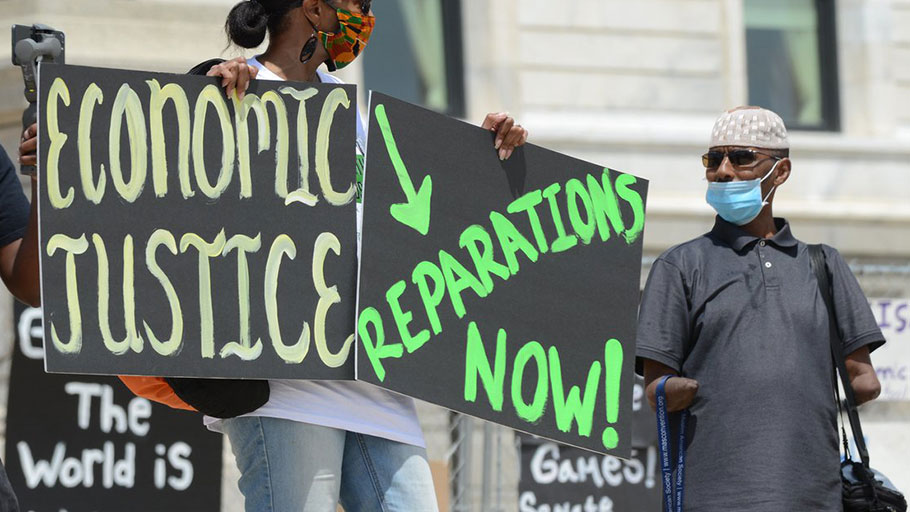
The country needs truth-telling and acceptance of our moral, legal, political, and sociocultural responsibilities. By Joyce Hope Scott, BU Today — This is a transformative moment in history in the United States as well as in the rest of the world. Despite myths of a post-racial society as a result of many positive social transformations, we are today again forced to examine our inheritance of America’s great sin—slavery and its…

Passed by Congress 19 years ago, the post-9/11 Authorization for Use of Military Force, along with the 2002 AUMF, is still being used to justify wars that have not made us, or the world, safer. By Barbara Lee, Newsweek — More Americans have now died from COVID-19 than from the wars in Korea, Vietnam, Iraq and Afghanistan combined. Yet the United States is poised to continue spending more money on…
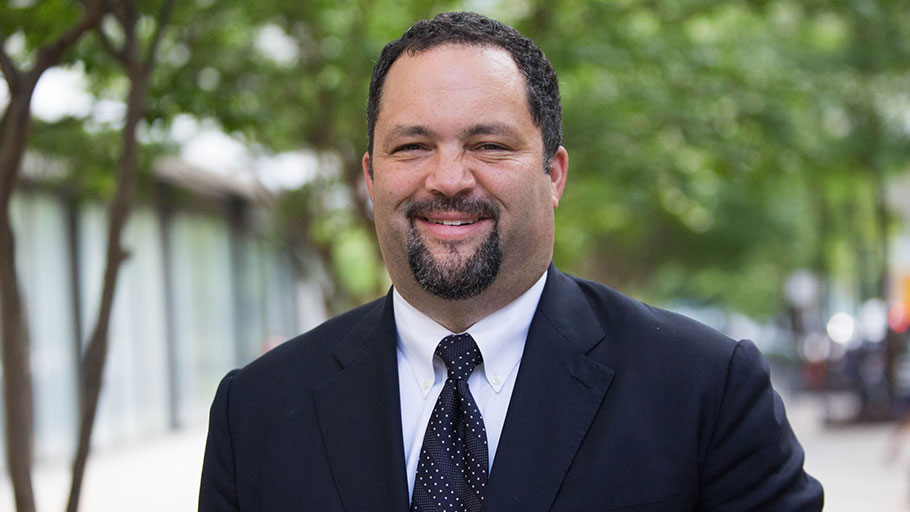
By Ben Jealous — One of the most exciting parts of this year’s Democratic National Convention for me was the keynote speech delivered collectively by a group of young progressive…
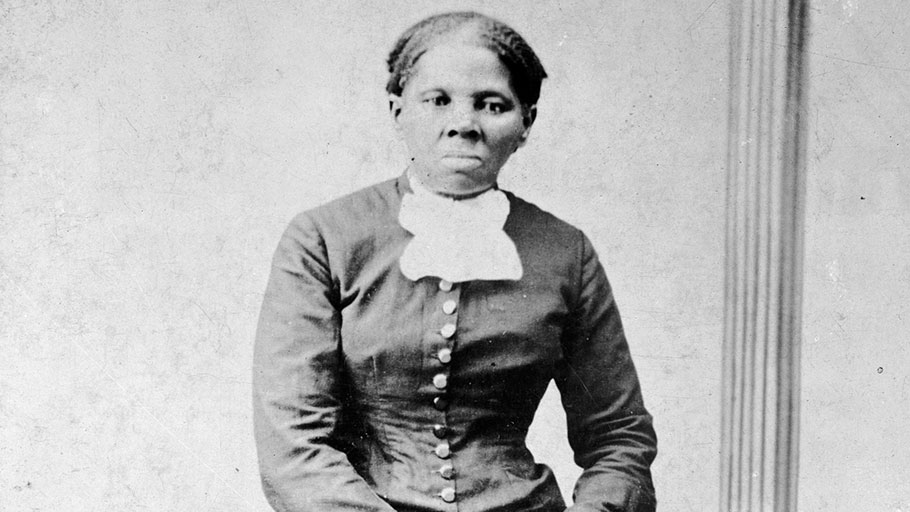
Born a slave in Maryland, the famous abolitionist led dozens to freedom through the Underground Railroad. By Danielle Wallace, Fox News — The University of Maryland announced Friday it’s renaming the women’s studies department…
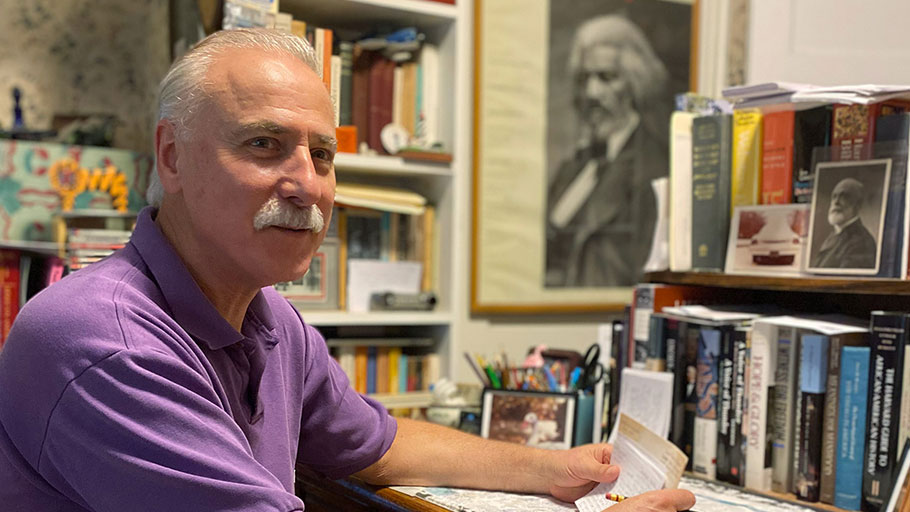
A historian steps back to the 1700s and shares what’s changed and what needs to change. By Liz Mineo, The Harvard Gazaette — Historian Donald Yacovone, an associate at the Hutchins Center for African & African American Research and a 2013 winner of the W.E.B. Du Bois medal, was researching a book on the legacy of the antislavery movement when he came across some old history school textbooks that stopped him cold —…
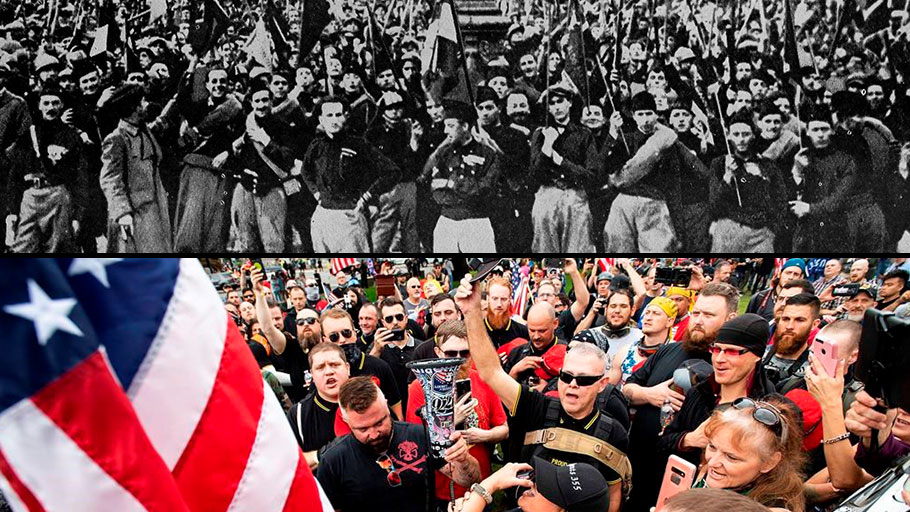
By Richard D. Wolff — Viewing the GOP convention seemed a little like binge-watching the last several years’ parade of none-too-subtle signs of incipient fascism. We saw extreme nationalism, scapegoating…

Dr. Maulana Karenga — The recent wave of walkouts and walkaways from playing and practice in protest against the savage shooting of Jacob Blake, first by the Milwaukee Bucks and…

NBA players realized the power of protest with last week’s strike. We’ve reached a new point in player activism. Where does it go from here? By Tyler Tynes, The Ringer…
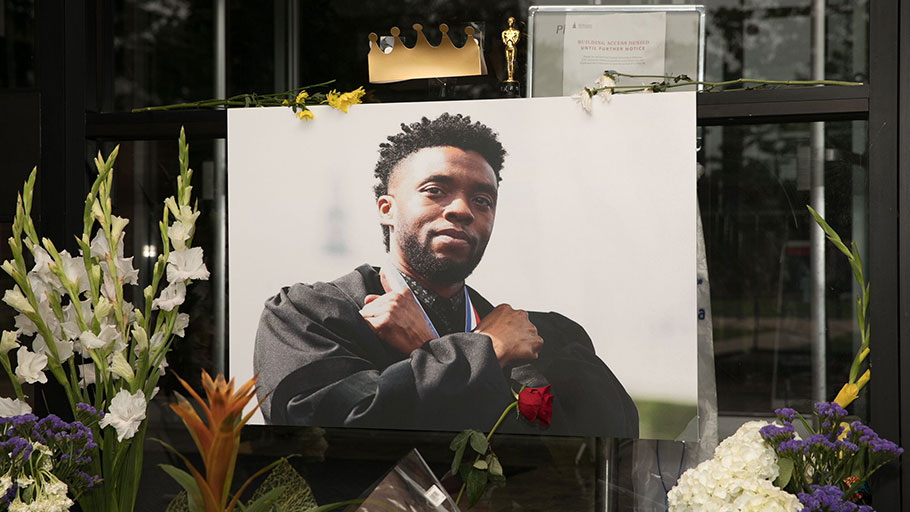
And still, we overcome. By Cimajie Best, Huffpost — It was Aug. 28, 2020, at 9:26 p.m. Central Standard Time when Black Twitter was hit with a wave of shock…

By Michael Fitzgerald, Imprint — Dozens of Black-led advocacy groups nationwide are calling for an end to the criminalization of youth younger than age 23, and a disruption of systems that wrench newborn infants from their mothers’ arms shortly after they’ve given birth. In the live-streamed Black National Convention on Friday, activists highlighted a far-reaching grassroots policy agenda that included reparations, basic income, trans rights, environmental justice and an overhaul…